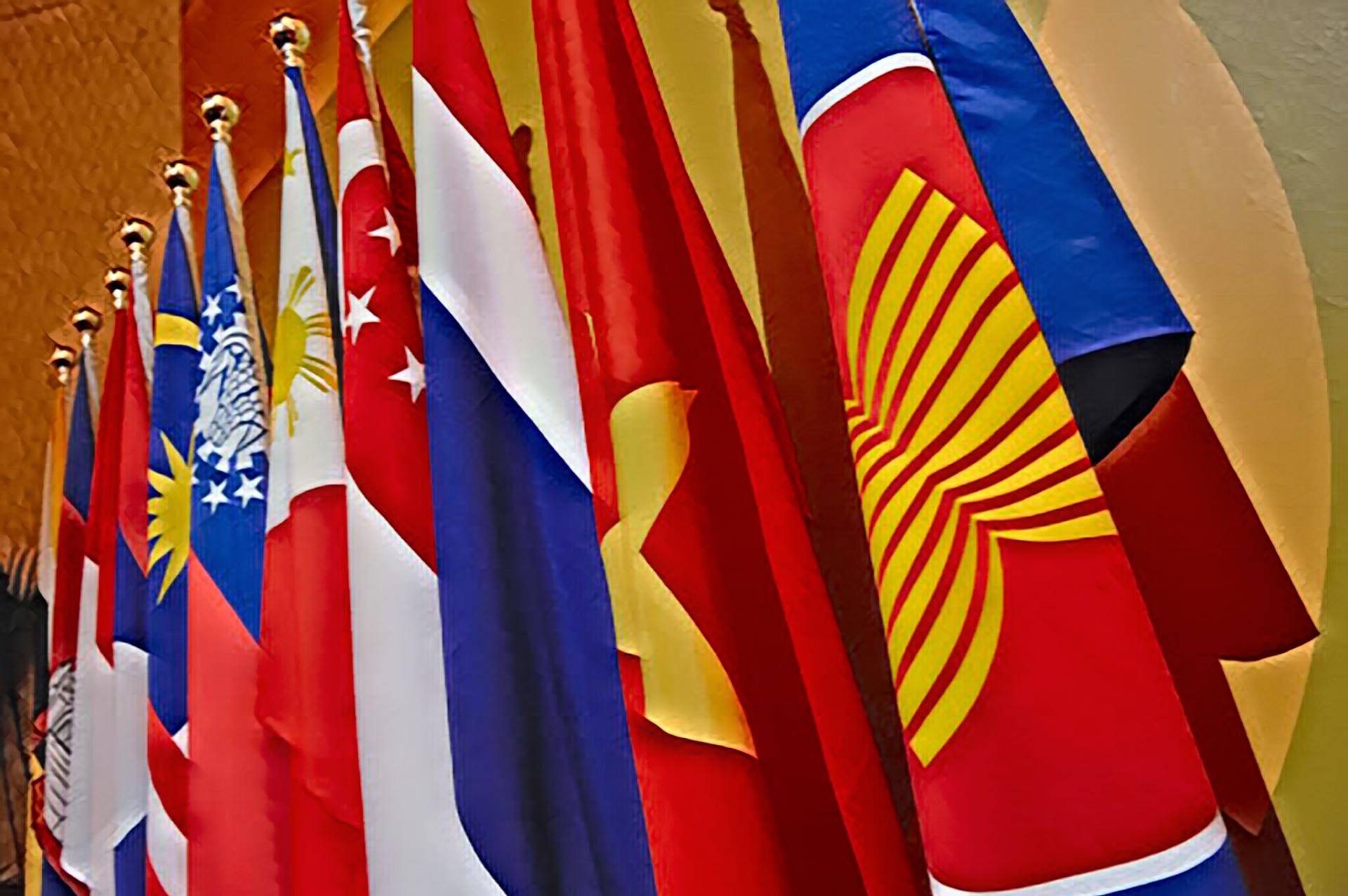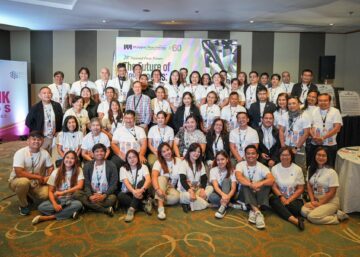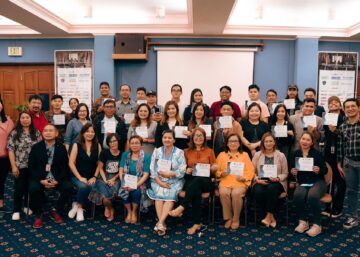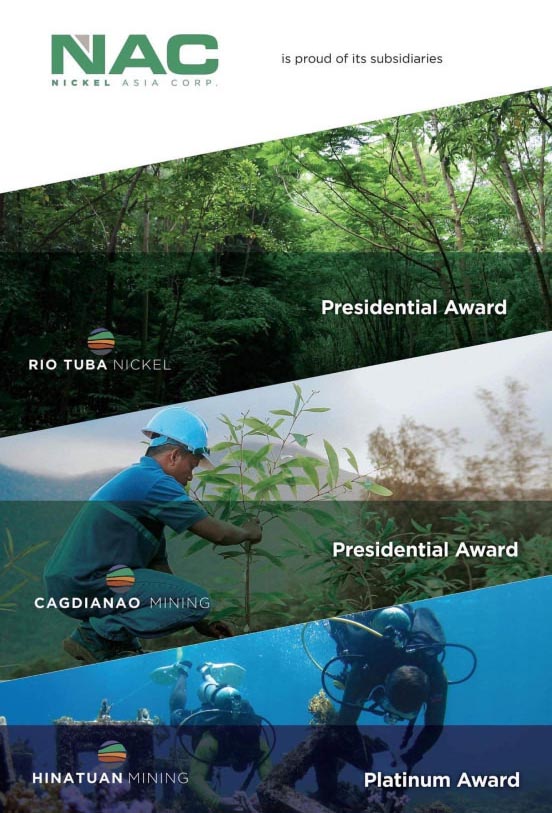
Press Release
Communicators are among the frontliners in the pandemic, as well as in any disaster or emergency. With the consistent demand for communication professionals amid a rapidly evolving communication and media landscape, communication schools in the Philippines recognize the need to empower students with the appropriate competencies.
At the same time, communication educators in Luzon, Visayas, and Mindanao are finding ways to empower students to succeed in an increasingly competitive ASEAN market.
In the face of these challenges, the Miriam College Department of Communication has conducted research on communication education in the ASEAN region, and has taken the first step in the development of an ASEAN Communication Competency Framework to serve as a basis for developing communication qualifications.
The only college among universities recognized as Center of Development (COD) in Communication by the Commission on Higher Education (CHED), Miriam College conducted its CHED-supported project, “Jumpstarting the ASEAN Communication Competency Framework in Philippine Higher Education Institutions.”
From 2018-2019, its research team analyzed existing communication curricula across ASEAN and conducted interviews with the ASEAN Quality Assurance Network (AQAN), the ASEAN University Network (AUN), and representatives of selected ASEAN schools that are founding members of AUN: Universiti Kebangsaan Malaysia (UKM) in Malaysia; Nanyang Technological University (NTU) in Singapore; University of the Philippines (UP) Diliman in the Philippines; Chulalongkorn University (CU) in Thailand; and Universitas Airlangga (UNAIR) in Indonesia. The members of the research team are Dr. Ma. Margarita Alvina-Acosta, Dean of the College of Arts and Sciences; Dr. Jose Reuben Q. Alagaran II; Ms. Lynda Catindig-Garcia, Chairperson of the Department of Communication; and Ms. Therese Patricia S. Torres.
The results provide inputs to the enhancement of communication schools’ programs, enabling them to empower students with the competencies they need in order to compete in the ASEAN market and facilitate greater mobility in education and employment. The findings reveal the need to prioritize the enhancement of seven key competencies: writing, digital skills, research and analytical skills, speech communication, communication management and entrepreneurship, ethics, and cross-cultural communication.
Miriam College has invited communication schools from Luzon, Visayas, and Mindanao to present and discuss the study in a series of online events, titled “Gearing Up Towards an ASEAN Competency Framework for Communication Schools: Research Presentation and Workshop.”
Following the events for communication educators in Luzon and Visayas on March 6 and 15, Miriam College successfully facilitated the Mindanao leg on March 22.
Among the points raised by heads/representatives of communication schools from the three events were the importance of revisiting and assessing existing communication curricula, identifying ways to operationalize the framework, and training and retooling teachers based on the competencies in the framework. Networking with communication schools and other departments, local government units, and media companies, as well as finding ways to teach cross-cultural communication and ethics were emphasized. The need to align the academic calendar of Philippine schools with the calendar of ASEAN universities was likewise mentioned.
Moreover, participants underlined the urgency of addressing the basic needs of communication schools, such as lack of faculty members with graduate degrees in communication, limited facilities in schools, and the unstable electricity supply and internet connection.
In the Luzon leg, 32 schools registered for the event: Adamson University, Angeles University Foundation, Assumption College, Ateneo de Manila University, Baliuag University, Centro Escolar University, Colegio de Dagupan, Columban College, Inc., Divine Word College of Laoag, Far Eastern University, First Asia Institute of Technology and Humanities (FAITH Colleges), Holy Angel University, Imus Institute of Science and Technology, Kolehiyo ng Lungsod ng Lipa, La Verdad Christian College-Caloocan, Laguna University, Mariano Marcos State University, PHINMA University of Pangasinan, Polytechnic University of the Philippines, Sacred Heart College, Saint Louis University, St. Dominic College of Asia, STI Caloocan, Thames International, Trinity University of Asia, University of Perpetual Help System DALTA (Molino, Alabang, Las Piñas), University of the Cordilleras, University of the Philippines Baguio, University of the Philippines Diliman, and University of Santo Tomas.
The 17 schools that registered for the Visayas leg were Cebu Institute of Technology-University, Cebu Normal University, Cebu Roosevelt Memorial Colleges, Inc., Central Philippine University, Holy Name University, Palompon Institute of Technology, Silliman University, Southwestern University, St. Paul University Dumaguete, St. Paul University Iloilo, St. Theresa’s College-Cebu, University of Negros Occidental-Recoletos, University of San Carlos, University of St. La Salle, University of the Philippines Visayas, UP Visayas Tacloban College, and West Visayas State University.
For the Mindanao leg, 11 schools registered: Ateneo de Zamboanga University, Father Saturnino Urios University, Gov. Alfonso D. Tan College, Jose Maria College, Lourdes College, Notre Dame of Marbel University, PHINMA Cagayan de Oro College, Regional Madrasah Graduate Academy, St. Paul University Surigao, STI College Cotabato, and the University of the Immaculate Conception.
#









